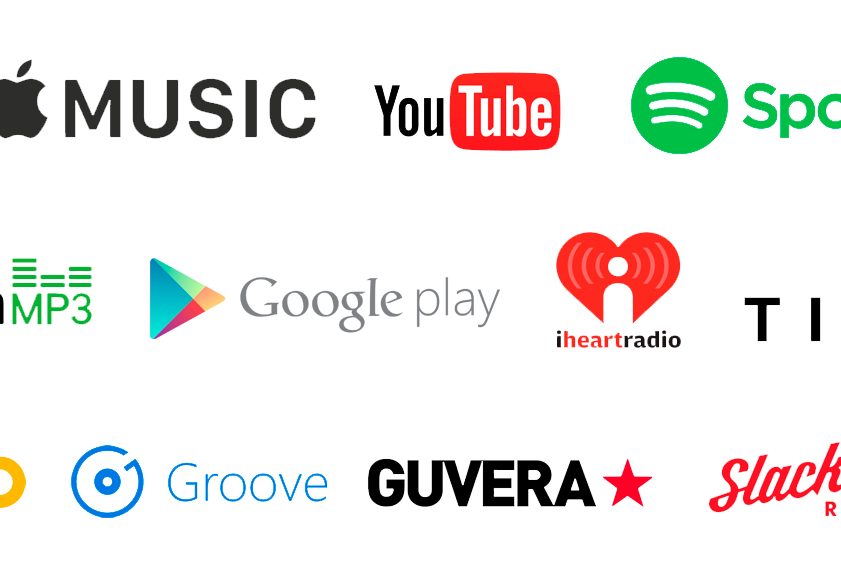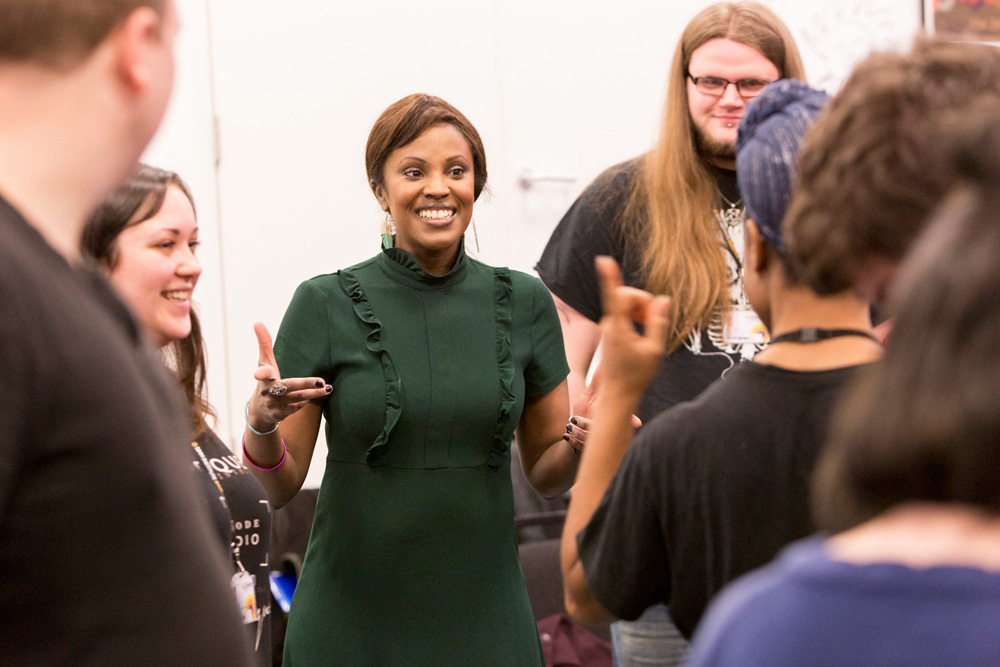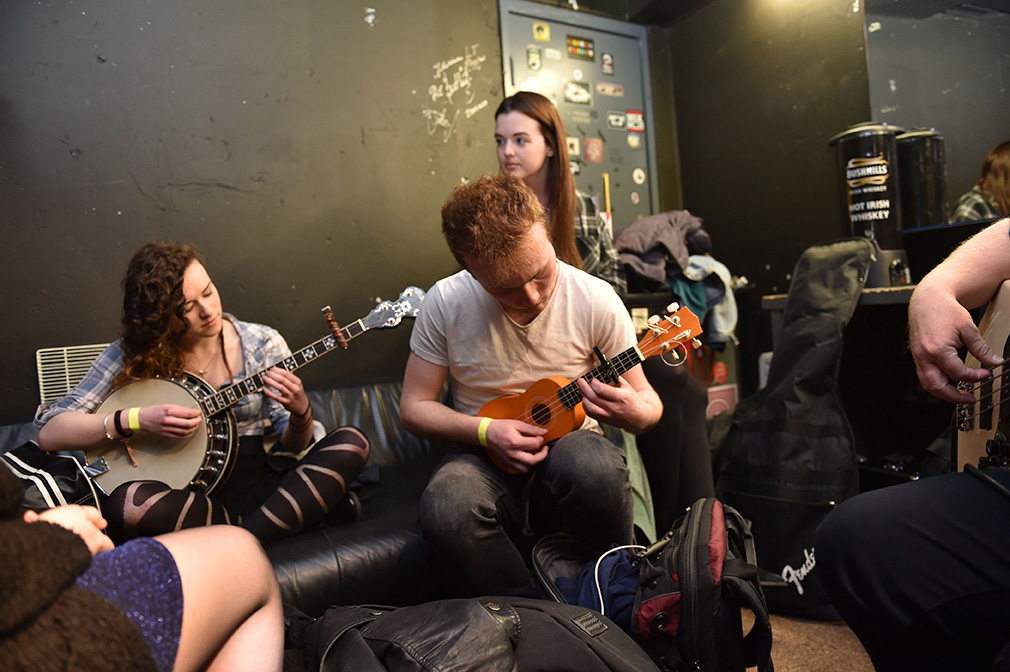So, there’s this new thing called streaming. You might have heard of it. To recap, instead of flogging CDs from a rickety merch table, musicians put their tunes on an online platform, let punters listen for free, then grumble about the insultingly small payments they receive each month (let’s not open that can of worms). But there’s a few hoops to jump through first.
Do I need to be any good to get on a streaming website?
Nope. That’s the beautiful thing. While a traditional record label will overlook your genius, screw up your dreams into a tiny ball and show you the door, there’s no quality control on streaming sites like Spotify. Whether you’re the reincarnated spirit of Jimi Hendrix or a deluded middle-aged man farting into a penny whistle, everyone’s welcome at the party.
So is it a case of just uploading my music?
Not quite. If you’re a signed artist, your record label will take care of the arrangements, but for independent musicians, you’ll need to sign up with an artist-aggregator.
What sort of things will an artist-aggregator do for me?
Clearly, Spotify doesn’t have time to deal with every tortured bedsit visionary, so the artist-aggregator acts as the go-between and handles the administrative legwork. You can expect them to get your music uploaded, deal with licensing questions and dole out your royalties.
How do I know which one to go with?
If you’re new to all this, it’s probably best to stick with the big boys. TuneCore, CD Baby and Ditto Music are all respectable – and Spotify’s guide section can give you more suggestions. The key difference is the payment structure. Some firms (like TuneCore) don’t touch your royalties but charge £23 to distribute an album for a year. Others work on commission (to give you a rough idea, CD Baby keeps 9% of what you make). Our advice? Decide which format best suits your output and expectations – then visit a few musician forums to check your chosen aggregator hasn’t got a reputation for shafting their artists.



